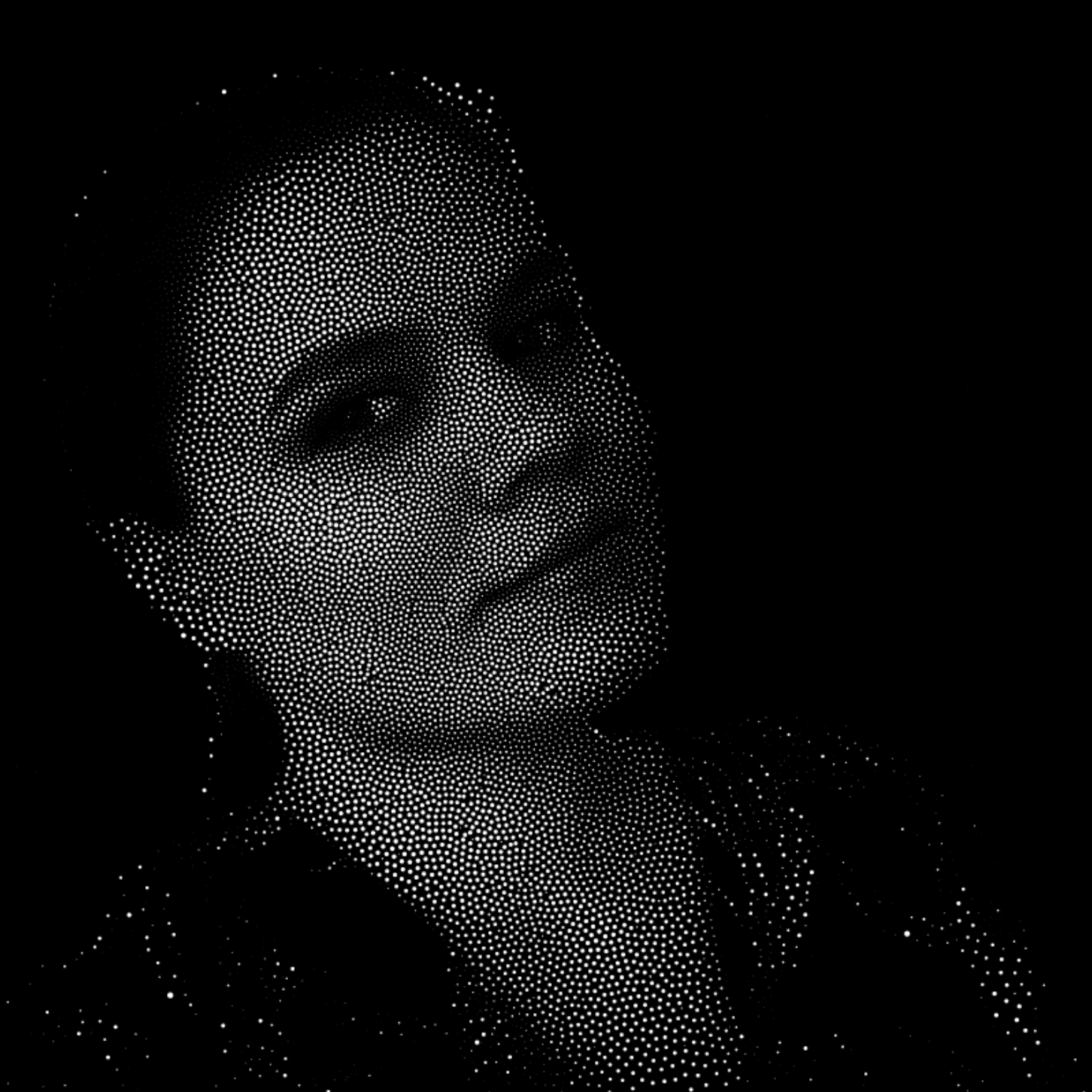Stephanie is a graphics engineer and the co-founder of Binomial, a software company in Seattle. Binomial started as a consulting company. Now they sell Basis, a popular image/texture compression product, to some of the top companies in virtual reality, streaming, and gaming. Stephanie is also known on Twitter for talking openly about health, diversity, business and tech among other things.
Interview published on May 14, 2019
Q. When you were younger, did you imagine you’d build your own company?
A. Not really! I didn't have a clear direction. I thought about being an artist, or a scientist, or getting involved in politics. It wasn't an important thing to me to own my own company, just to be able to do what I wanted to do.
Q. Your business threads are pretty successful. What is one important piece of advice you’d like to share?
A. "Don't build your product before talking to customers." Of course that's nuanced, but the general idea is good products don't sell all the time. You've got to put in the sales work, at least a little, to know that you'll be able to make enough money for yourself. It's important to keep in mind that there's a big difference between interest in your product and signing the dotted line on a paid contract-- often you don't really know till you get some kind of payment.
Q. People seem to care more and more about mental health and health in general. Do you think this is a lasting tendency?
A. I'm not sure people care more about it, but I think it's been in more of a public dialogue, and that's great. I'm not certain the public dialogue will always be so strong, maybe it'll ebb and flow, but the importance of health and the struggles people go through behind the scenes will always be there.
Q. You talk honestly about many topics like issues encountered in your professional environment, your psychotherapy and even sex toys among others. Have you always been comfortable with broaching taboo subjects?
A. Absolutely not! When I first started my Twitter account it was largely graphics programming related, and I was terrified of getting fired. Thinking of quitting tech entirely changed my opinion on what I wanted to share. I reached a point where I was thinking "You know, if people can't accept me for these things, I don't want to work with them at all." But it wasn't all at once, because fear doesn't disappear overnight. I dipped my toe in the water to test reaction, then when I kept getting support I kept going. I think it's important to remember that not all "taboo" topics are so accepted in society, and there are some people who can never really be themselves because of it. I have the fortune that pretty much everything I'd like to share is pretty socially accepted, even the more taboo things are talked about quite a lot in some fields and forms of media, just maybe not in tech.
Q. You are helping underrepresented people by informing, by putting them at the forefront. Are you optimistic about the evolution of the tech industry and diversity?
A. I am both optimistic and pessimistic. I don't have much faith in large corporations changing out of the goodness of their hearts, to be honest. But I think this public dialogue may change legislation and that does have a way of forcing their hand that bad PR alone can't really do. I think the public dialogue can also influence smaller companies that have more humanity and central control over their culture. I hope this also influences the end products of more technology, increasing accessibility and making the end users feel more represented.
Q. To finish, you know well the VR field. According to you, what is the greatest potential of this technology?
A. The greatest? Hmm! Perhaps the greatest, to me, would be providing services to people that could not experience such a thing otherwise, increasing connection and healing. Like increasing empathy by putting others in a scene they normally would never see. Or giving people a chance to be something they can't easily be in real life. Or allowing people to connect with each other in yet a step closer to real in person interaction. I am optimistic of the immense power of art in virtual reality. I hope developers focus on this human aspect of virtual
You can learn more about Stephanie on her personal website and read her threads here.
____
Read other Threader’s interviews here.
Explore the deepest thoughts of Twitter - Sign up.
Download Threader on iOS.



